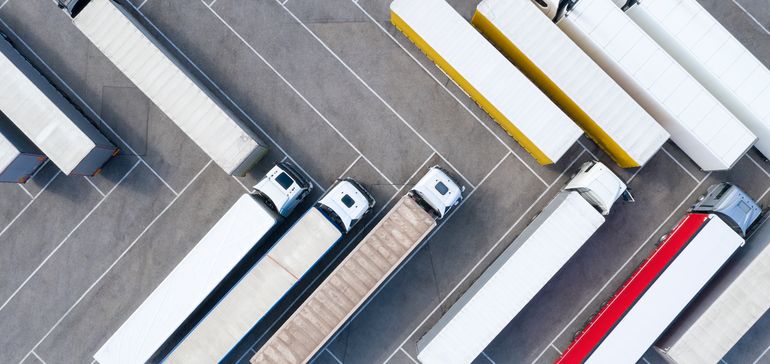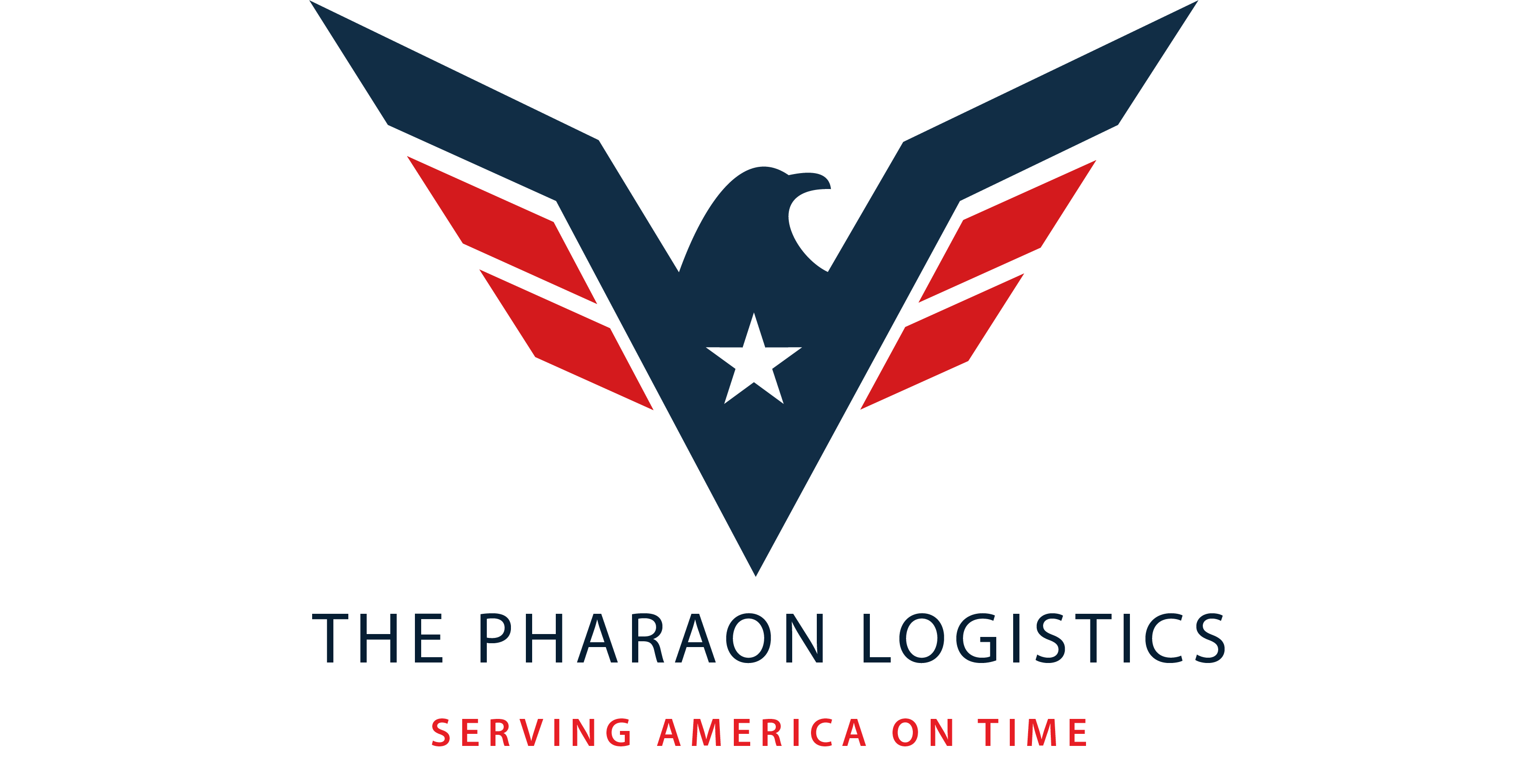
Demand is cooling in 2022 after TL shipments jumped 9.4% YoY in 2021, in line with Cowen. This slowdown, along side smaller fleets bolstering their capacity, has whittled down spot costs, Jason Seidl, senior analyst for airfreight and floor transportation, stated in a statement. Larger fleets like Landstar have additionally delivered capacity, regardless of a scarcity of trailers in the face of OEM backlogs.
The common spot charge for dry van transport fell to $3.06 in step with mile in March, 3 cents decrease than in February, in line with a DAT information launch. The spot reefer charge fell nine cents, even as the flatbed charge accelerated 26 cents to a record $three.forty five in step with mile. A developing commercial financial system is using flatbed call for, DAT essential analyst Dean Croke stated in a weblog post.
Contractual pricing power, at the least for now, nevertheless sits with the companies throughout sectors. Rate volatility in the spot marketplace “is lots extra big than ours,” CEO Jim Gattoni stated.
“What everybody’s suffering with is, if the cycle’s down, how some distance does the cycle move down?” Gattoni stated.
The common settlement charge to transport dry van freight accelerated 19 cents to $3.28 in step with mile in March, surpassing the preceding excessive set in February, in line with DAT. Reefer and flatbed quotes received 20 cents and 24 cents, respectively.
“What made March specific is that shippers paid traditionally excessive costs to make sure that extra in their masses moved under a longer-time period settlement, decreasing their want for vans immediately marketplace and inflicting quotes to soften,” stated Ken Adamo, DAT’s leader of analytics, in a statement.
Pricing developments in the second half of the year may be decided in big component through purchaser spending, inflation and “call for shifts from pending infrastructure projects,” Seidl stated.
In LTL, better gasoline surcharges have sparked cost-in step with-cargo growth. Cowen and AFS’ LTL Freight Index is predicted to attain an all-time excessive of 40.9% in Q2 over the January 2018 baseline, following international oil deliver disruption and persevered excessive call for.
“With LTL quotes at historic highs, shippers are thinking about options like cargo consolidation, multi-prevent truckload and further warehousing answers to assist manipulate freight spend,” in line with a information launch at the index.

